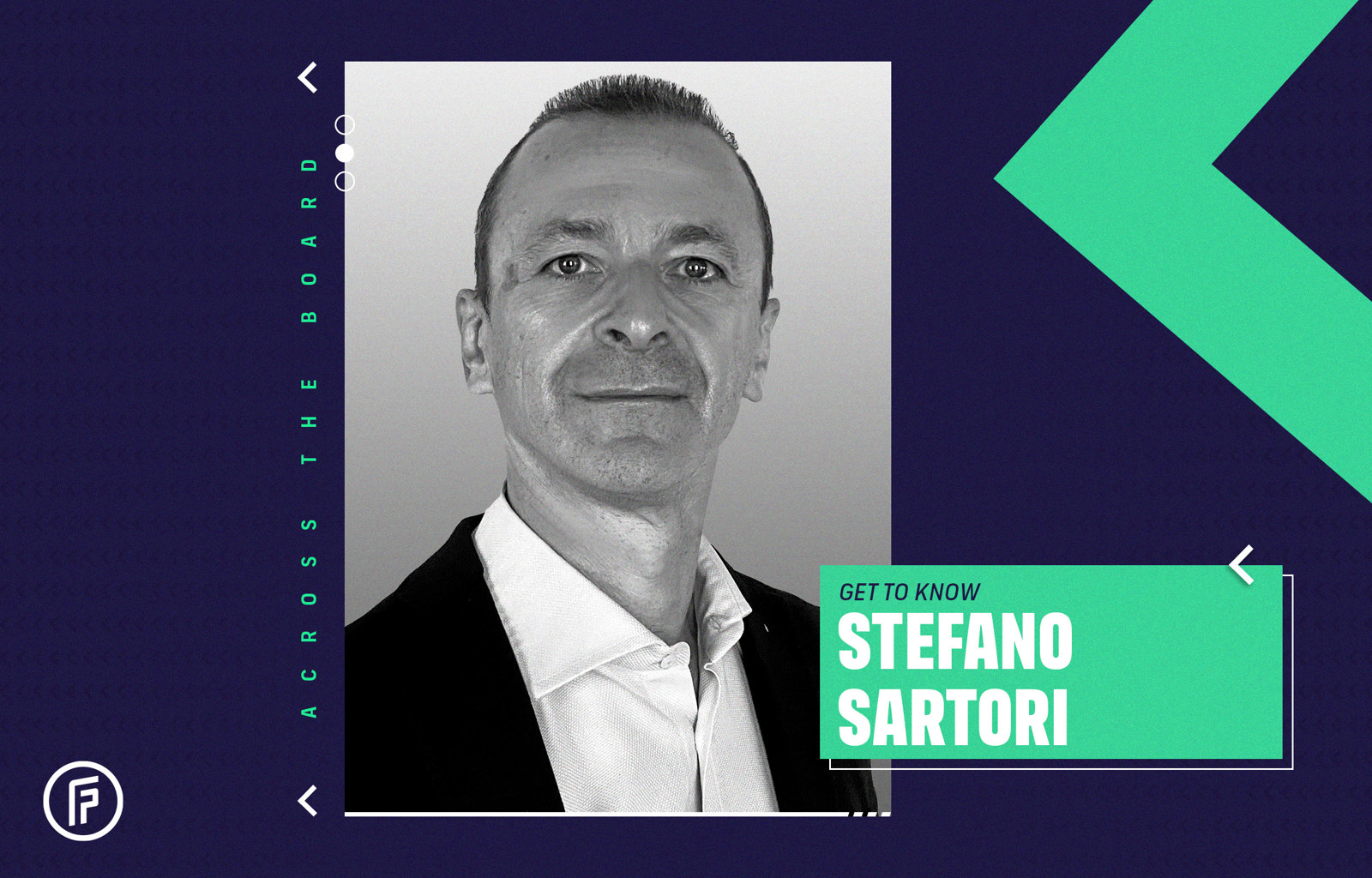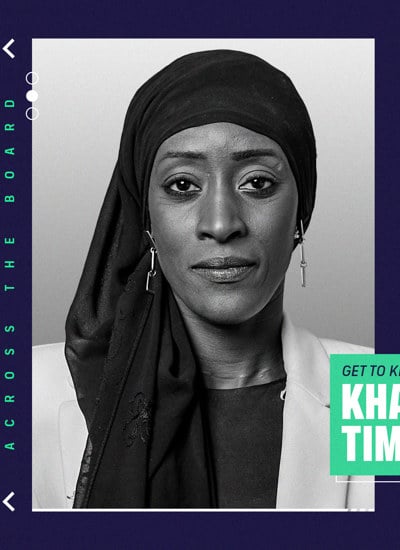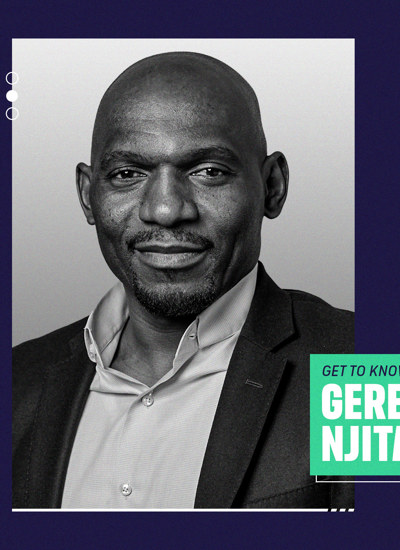
FIFPRO introduced an 18-person board, the most diverse in the global player union’s 56-year history, during its General Assembly in November 2021.
Across the Board aims to profile all 18 board members. Italy's Stefano Sartori joins the board, replacing compatriot Damiano Tommasi. In June of this year, Tommasi was elected as Mayor of Verona.
Stefano Sartori
• Law degree from University of Bologna
• Joined AIC in 1991
• FIFPRO Regulations and Articles Committee (2008-2016)
• September 2022: replaces Damiano Tommasi on FIFPRO board
Congratulations on your new position, Stefano. Can you tell us about your background?
Stefano Sartori: I have been working with the AIC for more than 30 years. I have been leading the legal department since 1996. My role hasn’t really changed all that much within AIC; to be honest, this is what I still prefer to do.
When I wanted to start a career as a lawyer after I obtained my law degree, I was approached by a head-hunter’s office for a job at AIC. I was very interested in working for unions; one of the courses I did at university was about workers’ rights and the history of the trade unions. My father was a real trade unionist, and he and my grandfather were both socially engaged. So, maybe joining AIC was something that was supposed to happen.
Which accomplishments are special to you?
I negotiated various collective bargaining agreements (CBA). Recently we agreed the first-ever women’s CBA in Italian football. For me it was a milestone, also because I led the negotiations. The result was very good. It was based on the men’s agreement we signed in 2006. We included maternity protections, which were a combination of the protections by FIFA and by Italian law.
I am also very proud of the men’s CBA we did in 2006, which was the first in 25 years. There was a lot of pressure on it, as Serie A wanted to replace the old deal. However, former FIFPRO President Leonardo Grosso (Leo) and I managed to negotiate a very good agreement, which included a strong ‘anti-mobbing’ rule that prevents clubs from sending players to the second team or ordering them to train alone. In 2010, together with the Italian football association, we implemented a licensing system that in compliance with the CBA is a guarantee that players will receive their salary.

What is your vision for FIFPRO?
I still remember my first meeting with FIFPRO. In 1998, I sent a letter to Leo – AIC’s man within FIFPRO – and I asked him if I could take part in the FIFPRO General Assembly, which was scheduled in Tel Aviv, Israel. He said yes and I have been there since. Back in 1998, there were approximately 25 people.
I have always been attracted to FIFPRO. It is good to meet people at an international level with whom you can compare your achievements: your rules, the level of the protection that you have arranged for your players.
For example, when I was invited to attend a legal conference of FIFPRO America in Santiago de Chile, I learned that our CBA from 2006 was not as perfect as I thought. Our injury protection was quite good, but other countries’ protection was better. When injured, our players had a guaranteed salary for six months. But after that the club could reduce the salary or terminate the contract. For 80 percent of the countries that would have been a good provision, but in countries such as England, France, and Spain the arrangements were better. So, after that meeting in Chile, we wanted to change that provision, something we have done in the meantime.
It is one example of the value of FIFPRO: you can learn from other people and other unions.

What do you expect from your role as a board member?
I am on the board to represent AIC, which is a founding member of FIFPRO. I think that the bigger unions have to be a good example to all other unions. The work of AIC and other unions has changed a lot since 1991. We now have departments for player education, women’s football, and more. But we – the AIC and many others – must not risk losing our trade-unionist soul: our most important job is to guarantee the best rights for the players. On a domestic level, you need to have a good CBA, a proper dispute resolution chamber (NDRC) and a decent transfer system.
Within FIFPRO we have some big challenges. There are less than 20 unions with a CBA, and there are many countries without a proper NDRC, so we need to make more agreements with leagues and federations to arrange this. Of course, we must change the transfer system because it is not balanced. It is very difficult to change it, but we have to find a solution.
Education is important too, especially for the ‘normal’ players, the ones who still have to work after their career.
What gets you excited about your job at the moment?
I am really excited about becoming a board member. To me it’s important: it will be my first time on a board, including on a domestic level. I think I can bring a mix of my legal knowledge and my political experience. Don’t expect me to be a silent observer, I am a fighter. Leo and I were a great negotiations team. He was the authority, and I was the technical expert. He was always very nice, you know the good cop, and I was sometimes the bad cop.


